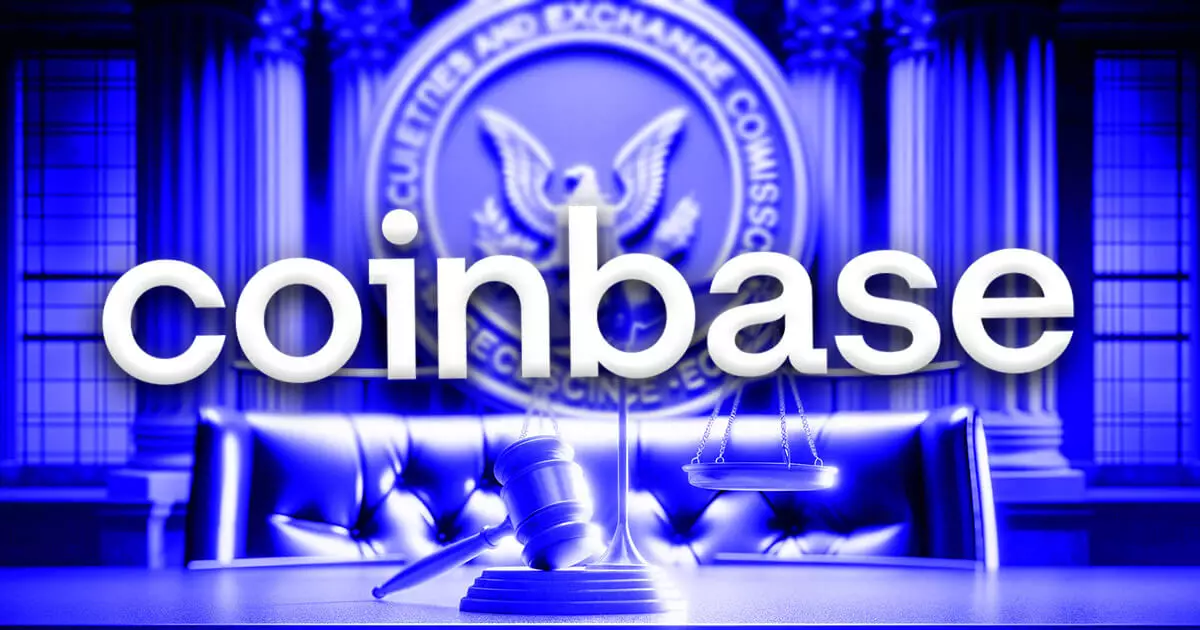The US Securities and Exchange Commission (SEC) has taken a firm stance against Coinbase’s motion to compel additional discovery in their ongoing legal dispute. The SEC argues that Coinbase’s requests for documents are irrelevant and overly burdensome. In their filing on Aug. 5, the SEC stated that the documents sought by Coinbase are not essential to the core issues of the case. They emphasized that the court’s analysis of facts and law, not internal SEC discussions, will determine the outcome of the case.
The SEC highlighted the significant burden involved in reviewing and producing the requested documents. They mentioned that they have already spent over 400 hours reviewing documents and creating a 648-page privilege log. The SEC believes that expanding the search to include millions of additional documents would be excessively burdensome and unnecessary for the case.
The SEC disputed Coinbase’s fair notice defense, stating that the law’s application to digital assets is clear. They argue that internal SEC communications are irrelevant to the legal standards at play. Additionally, the request for a sample of SEC Chair Gary Gensler’s emails was deemed disingenuous and burdensome by the SEC, especially since Gensler has testified that he does not use personal devices for SEC business.
The SEC underscored the importance of the court in determining the relevance and proportionality of discovery requests. They stated that discovery should focus on what the defendant did and that the scope should be tailored to the specific facts of the case. As the legal battle between the SEC and Coinbase unfolds, the court’s decision on this discovery dispute will be pivotal in shaping the proceedings.
The SEC asserts that they have met their discovery obligations and calls for Coinbase’s motion to be denied. They label it as an unjustified and burdensome demand. As the legal confrontation continues, the broader cryptocurrency industry and legal observers are closely monitoring the developments. These proceedings could set important precedents for the future regulation of digital assets in the US.













Leave a Reply